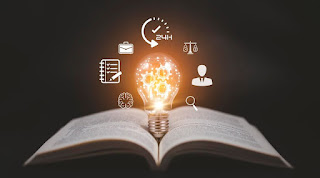Heading to Sci Foo!
The Digital Science team is getting ready to head off to San Francisco for the annual Science Foo Camp. This is a remarkable gathering of scientists, thinkers, technologists, creators and communicators, who come together over three days in mid-July. ‘Sci Foo’, as it’s affectionately known, is unlike any other science conference. Hosted by ‘ X ’ (formerly “Google X”), it is an ‘unconference’ with no fixed agenda, and is co-organized by Google, O’Reilly Media, Digital Science and Nature. Attendees at Sci Foo 2022, pictured at X (from left): Amarjit Myers, Cat Allman, Marsee Henon, Adam Flaherty and Suze Kundu. Photo: Amarjit Myers. Since the first event in 2006, Sci Foo has aimed to do things differently – 18 years later it retains that original spirit and continues to attract some of the most prolific players on the world stage. Indeed, the British astrophysicist Lord Martin Rees has called Sci Foo the ‘Woodstock of the Mind’. Forging an environment of openness and collaboration






.png)